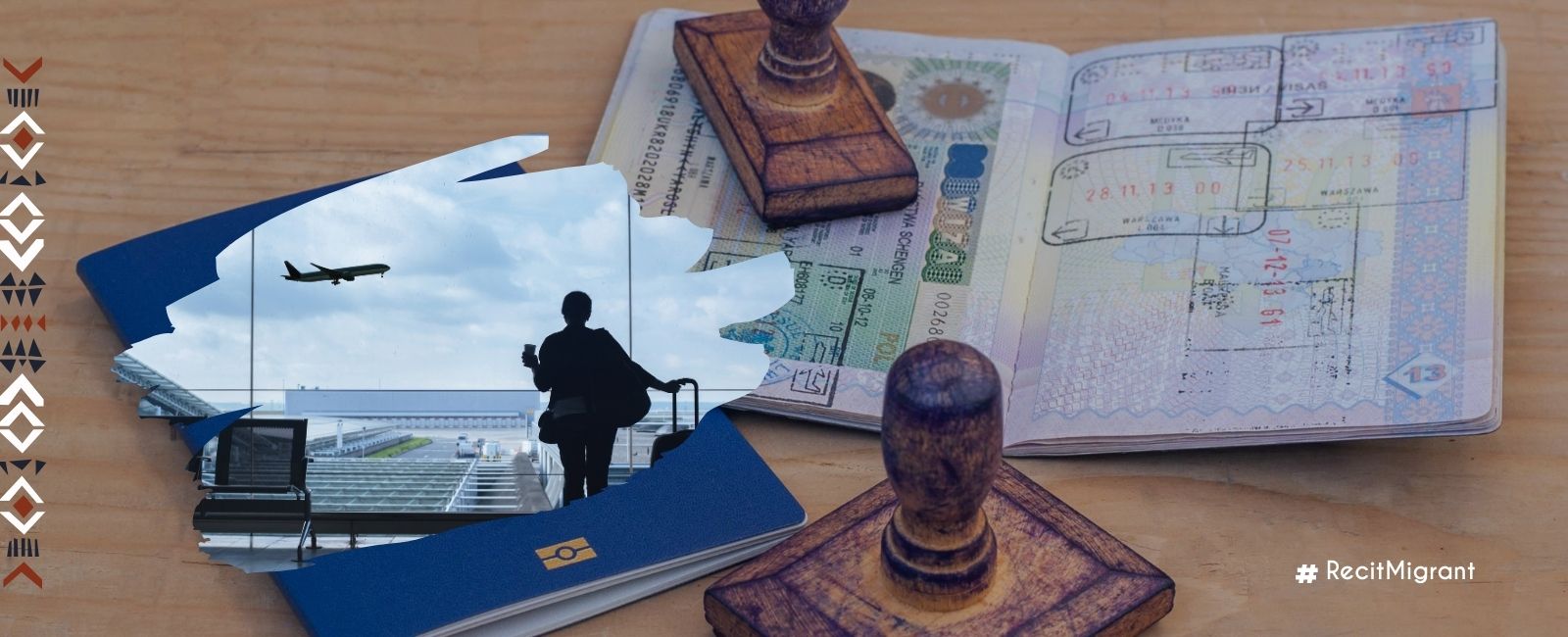

Migration is generally viewed from two perspectives: immigration from the host country’s point of view, and emigration from the perspective of the country of origin. This distinction often gives rise to the introduction of additional terminology. Remigration, for instance, is a term that can be interpreted in a variety of ways, thus giving rise to questions surrounding the issues of inclusion and the human dignity of migrants.
In an article published in February 2024, Mario Stasi, President of French organisation combating racism and anti-semitism LICRA rejected the term “remigration” as a deliberately provocative phrase designed to provoke and promote a certain political agenda. He further elaborated that “the term, used by some extremist groups in Europe to advocate for immigrants to return to their countries of origin, is inherently and unambiguously racist”.
In response to this observation, Maxime Adandohoe, who holds a PhD on Public Policy (DPP) in Law from the University of Lomé in Togo, informed Dialogue Migration that “remigration is the order of the day and there are two sides to it i.e. forced remigration and voluntary remigration”.
He clarified that voluntary remigration is whenindividuals who depart their country of origin in pursuit of a more favourable life elsewhere and return home when the situation in their country improves. It is important to note that these individuals cannot be denied the right to return home. It is evident that they assert this right, which must naturally be respected and guaranteed.
Louise Caron, a researcher on migration issues, notes in her article entitled “Whose Integration Do We Measure? Immigrants’ Remigration and Labour Market Integration in France”, that all immigrants would settle permanently in the country of destination. However, many immigrants eventually remigrate, either returning to their country of origin or pursuing an onward migration to a third country. These movements, known as ‘remigration’, appear to be far from negligible. Between 20% and 50% of immigrants leave the host country in the five years following their arrival depending on the OECD country and the period, she pointed out.
Forcible return of immigrants and human rights violation
The term ‘re-migration’ is also seen as a euphemism and a neologism for the return – forced or otherwise – of non-European immigrants to their countries of origin.
Maxime Adandohoe notes a continuing trend: “for those who find themselves in a situation of forced return, that’s where the problem arises. If you look at the current situation in Italy with Giorgia Meloni, or in the United States with Donald Trump, the logic is one of forced remigration, which goes against people’s rights to remain in the countries of their choice”, he pointed out.
‘Forced remigration poses a real threat in terms of respect for human rights’, says the lawyer.
Remigration is a contentious policy aimed at repatriating immigrants or their descendants to their country of origin. The term is often associated with the far-right conspiracy theory of the ‘Great Replacement,’ which is used by the identitarian movement to trivialise the term. It bears similarities to the concept of ethnic cleansing, serving as a euphemistic term for the latter. The term ‘re-emigration’ is sometimes used in a similar context.
Recently Published
Subscribe to our newsletter!
Quick Links


